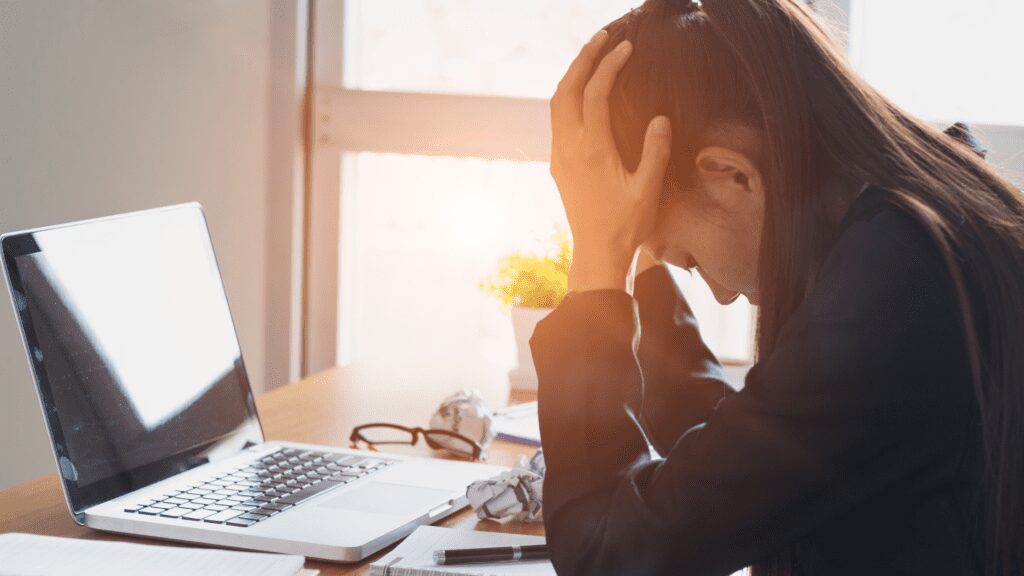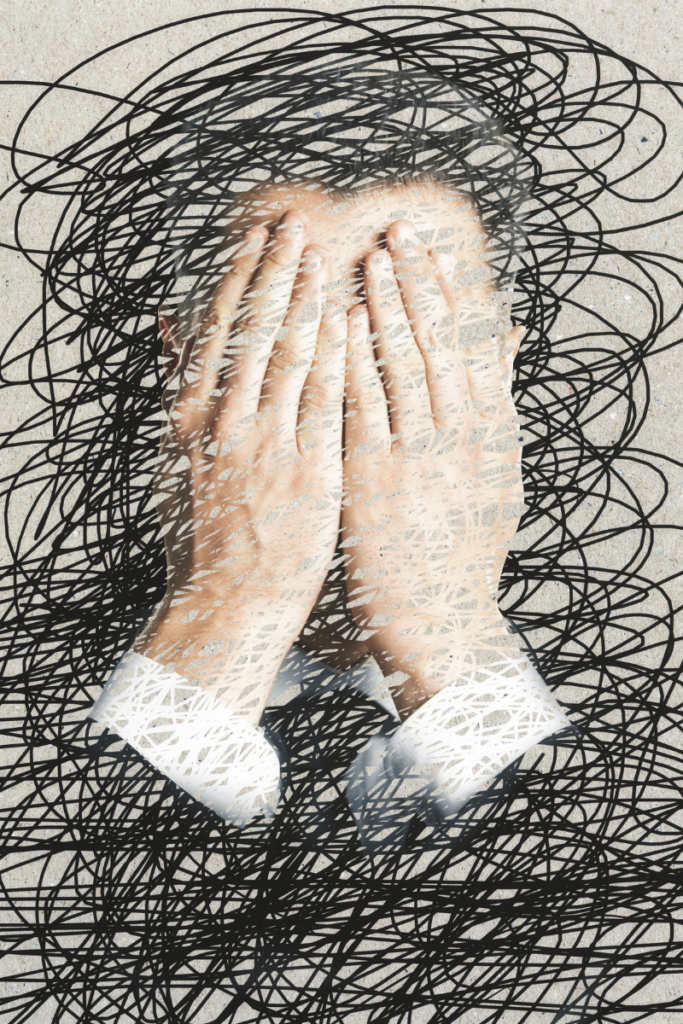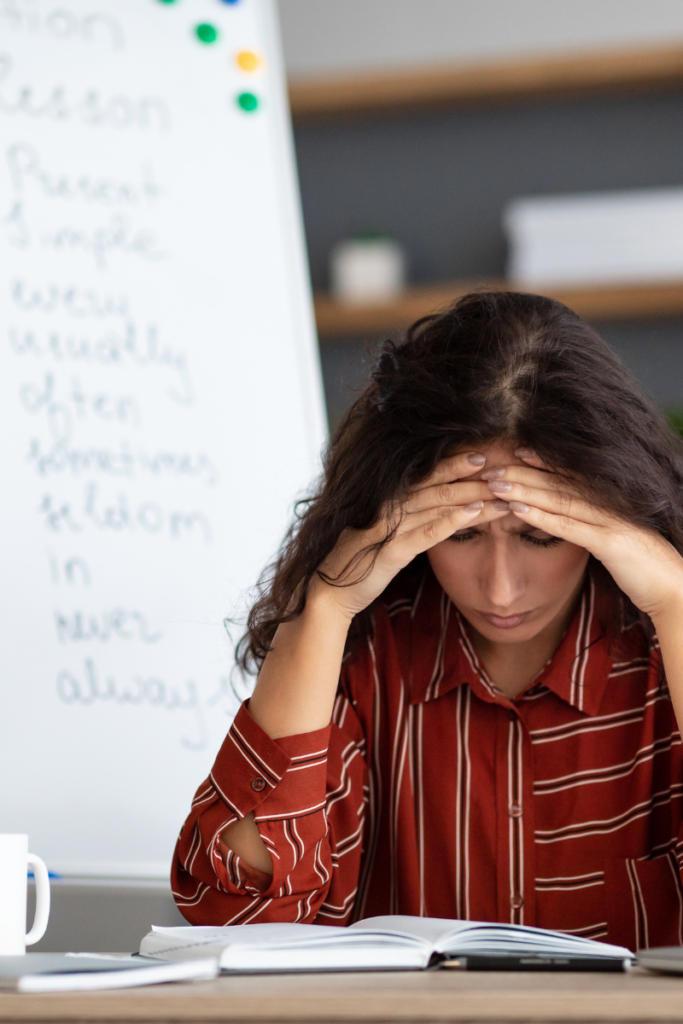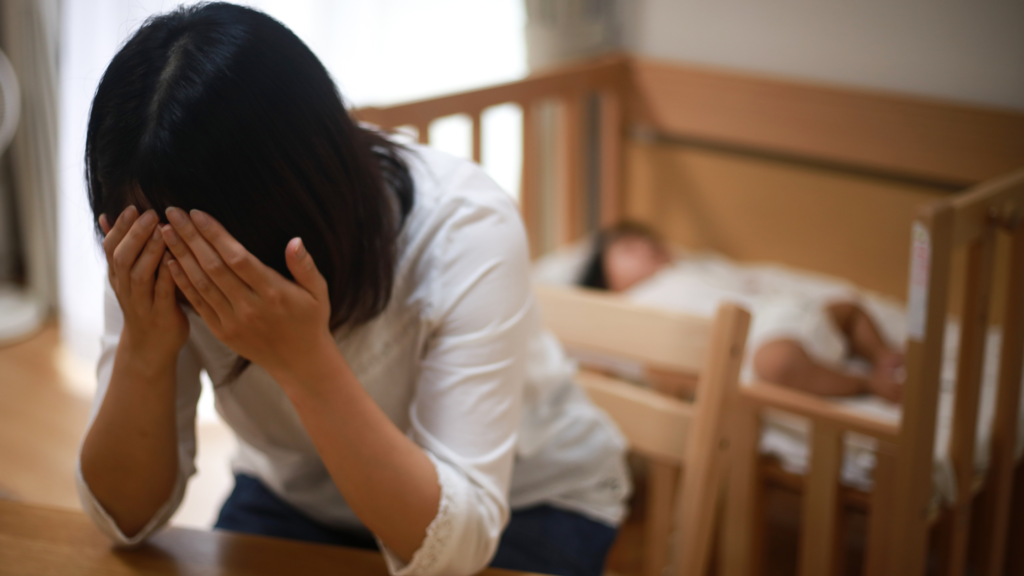 Sleep disturbance is often listed amongst the symptoms of fibromyalgia sufferers. Although the connection has not been proven, evidence suggests that it is highly likely that the link between sleep and pain is strong.
Sleep disturbance is often listed amongst the symptoms of fibromyalgia sufferers. Although the connection has not been proven, evidence suggests that it is highly likely that the link between sleep and pain is strong.
In a case study cited by the National Sleep Foundation, regarding the relationship between sleep and fibromyalgia: “researchers selectively deprived a group of healthy middle-aged women of slow wave sleep for a period of three days.” The women all reported that they suffered a decreased tolerance of pain, with increased levels of both pain and discomfort: “suggesting that such sleep disruption may play an important role in the development of fibromyalgia symptoms.”
It is, therefore, recommended that fibromyalgia sufferers maintain a regular sleep schedule; seeking treatment for any sleep disorders.
Throughout March the Sleep Council are promoting National Bed Month – “A month long celebration of a good night’s rest.” Reminding us all of the importance of getting a good night’s sleep, we encourage you to evaluate your own sleep regime and try out a few of the tips below if are having difficulties dozing off:
- Relax and unwind
Taking a warm bath before bed can help you to unwind from the day’s stresses and, accordingly, relax more easily into sleep. Other soothing activities that may benefit you before bedtime include listening to calm music, reading a book or meditating. - Minimise distractions
Ensure that your bedroom is free of distractions, such as any light leaks or a tv blaring in another room. Face your alarm clock away from your bed and limit any other light or noise sources that may irritate or prevent your from fully relaxing. Check the temperature is not too hot or cold and adjust your thermostat accordingly. A quiet, dark and cool space provides the optimum conditions for good rest. - Accessorize!
Make use of accessories such as earplugs or an eye mask if you find yourself sensitive to noise and light during your sleep. - Find the right bed for you
Ensure that your bedding is comfortable and that your mattress is giving you the right sort of support. Which magazine have put together some helpful guidelines here. - Take your mind of things
Clinical psychologist, Dr. Mary Rose, recommends that you should leave the room if you are finding it difficult to fall asleep through stress or pain: “Don’t lie in bed, worrying and stressing. Get up, go to the other room. When you’re calmer, relaxed, feel tired, go back to bed.” - Avoid too many naps
Where possible try to keep a regular sleep schedule, avoiding napping too much during the day. “A lot of patients have circadian rhythm problems. Napping can throw you off. Any sleep during the daytime will be taken from your sleep at night” says Dr Rose. - Reduce your caffeine intake
Try not to consume any caffeine from the afternoon onwards: as it works as a stimulant it will affect your ability to settle. If you are craving a hot drink try a relaxing herbal tea, such as chamomile or peppermint. - Gentle exercise
Regular exercise has been said to both aid good sleep and improve symptoms of fibromyalgia for some sufferers. There are plenty of good links to simple “fibro friendly” exercise routines on the internet. - See a Doctor
If sleep disruption has become a serious issue for you and you feel that you may be suffering from a disorder, such as insomnia, you should consult your GP for further advice.
For further information about National Bed Month and its related events visit their website.
We do not endorse any research, studies or sources mentioned within our blogs and comments. Furthermore, we do not endorse any medical advice provided, and would strongly recommend anyone seeking medical advice to contact their local healthcare provider.

















